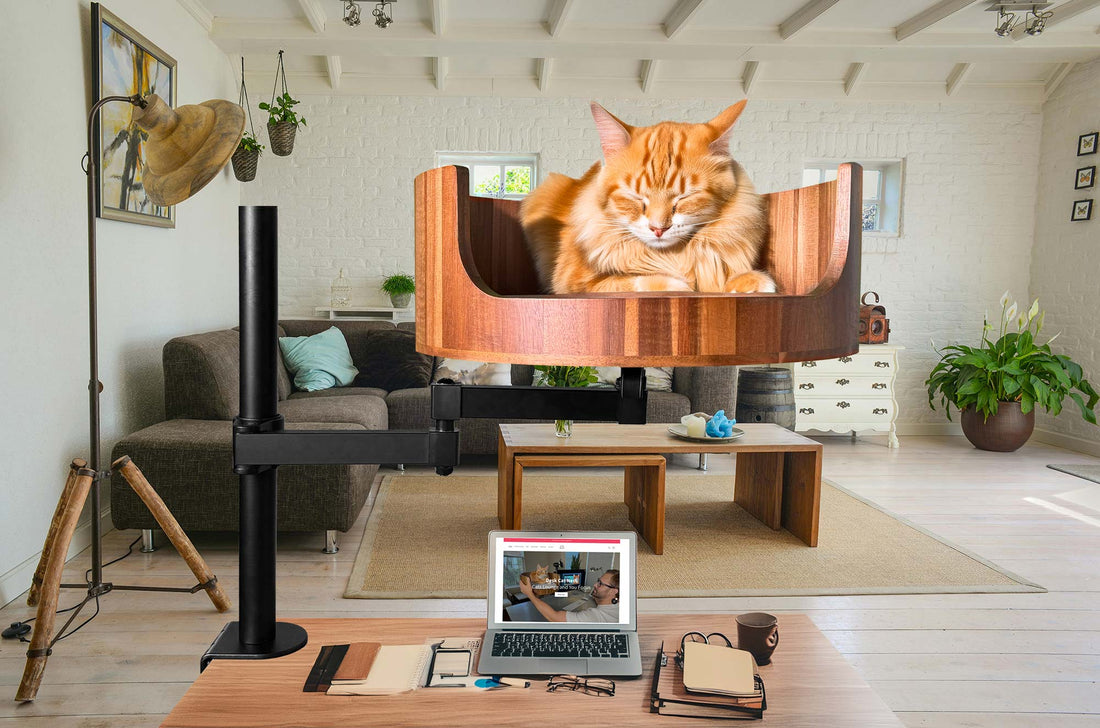
Why Does My Dog Eat Dog and Cat Poop? Understanding Behavior
Share
Does your dog have a nasty habit of eating their own or even your cat’s poop? This behavior, known as coprophagia, can be both puzzling and disgusting for pet owners. Understanding why dogs engage in this behavior is crucial to finding a solution and ensuring your furry friend’s health and well-being.
In this article, we will explore the reasons behind why dogs eat dog and cat poop, including potential health concerns, nutritional deficiencies, and behavioral issues. We will delve into the evolutionary history of this behavior and how it relates to dogs’ natural instincts. Additionally, we will provide tips and strategies for preventing and addressing this behavior in your beloved canine companion. Understanding the underlying reasons behind coprophagia is essential for dog owners to take appropriate measures to curb this behavior and keep their pets happy and healthy.
1. Coprophagia, the term for eating feces, can be a common behavior in dogs and cats for various reasons.
2. Nutritional deficiencies, medical issues, behavioral problems, or simply curiosity can all contribute to this behavior.
3. Monitoring your pet's diet and ensuring they are getting proper nutrition is essential in preventing coprophagia.
4. Keeping the environment clean and discouraging access to feces can also help in stopping this behavior.
5. Consult with a veterinarian if your pet is regularly consuming feces to rule out any underlying health issues or behavioral concerns.
Reasons Behind The Behavior
One possible reason why dogs eat poop, whether it's their own, another dog's, or even cat feces, is due to a behavior known as coprophagia. This behavior can stem from a lack of certain nutrients in the dog's diet, causing them to try and supplement their diet by consuming feces. Additionally, some dogs may engage in coprophagia due to boredom, stress, or lack of mental stimulation. It can also be a learned behavior, where dogs observe other dogs or animals consuming poop and mimic that behavior.
Health Concerns
While coprophagia itself may not necessarily be harmful to dogs, there are potential health risks associated with consuming feces. For example, dogs can contract parasites or other gastrointestinal issues from ingesting feces, especially if the poop comes from an infected animal. Additionally, if a dog is eating its own poop, it may not be getting the proper nutrients it needs from its diet, leading to potential deficiencies.
Ways To Prevent The Behavior
To address and prevent coprophagia in dogs, it's essential to first ensure that the dog is receiving a balanced and nutritious diet to meet its dietary needs. Additionally, providing plenty of stimulation, exercise, and mental enrichment can help reduce boredom and stress that may lead to coprophagia. It's also crucial to supervise dogs when they're outside to prevent them from accessing feces, whether it's their own or from other animals. In some cases, working with a professional dog trainer or behaviorist may be necessary to address and modify the behavior effectively.
Frequently Asked Questions
Why does my dog eat dog and cat poop?
Dogs eating feces, either their own or that of other animals, is a common behavior known as coprophagia. There are several reasons why dogs engage in this behavior, including nutritional deficiencies, curiosity, boredom, hunger, stress, or simply out of habit.
Will using the Desk Cat Nest help prevent my dog from eating poop?
While using the Desk Cat Nest can provide a comfortable and safe space for your cat, it may not necessarily prevent your dog from eating poop. It's important to address the root causes of your dog's behavior through proper training, diet, and environmental enrichment.
Is there a specific type of dog or cat that is more prone to eating poop?
Any dog or cat, regardless of breed, age, or gender, can develop a habit of eating feces. However, certain factors such as stress, anxiety, or medical conditions may increase the likelihood of this behavior.
Can the Desk Cat Nest be used as a deterrent for dogs eating poop?
While the Desk Cat Nest can serve as a safe and secure space for your cat, it may not be an effective deterrent for dogs eating poop. It's essential to address the underlying reasons for your dog's behavior and seek guidance from a veterinarian or animal behaviorist.
In conclusion, providing your dog with a Desk Cat Bed can help address the issue of why they may be eating dog and cat poop. By having a designated space for your dog to relax and feel comfortable, they may be less inclined to engage in undesirable behaviors such as coprophagia. Additionally, the cozy and inviting design of the Desk Cat Bed offers numerous benefits for your furry friend, including promoting better sleep, reducing anxiety, and providing a sense of security. Ultimately, investing in a Desk Cat Bed can be a valuable choice in improving your dog's overall well-being and curbing their poop-eating habits.



















































